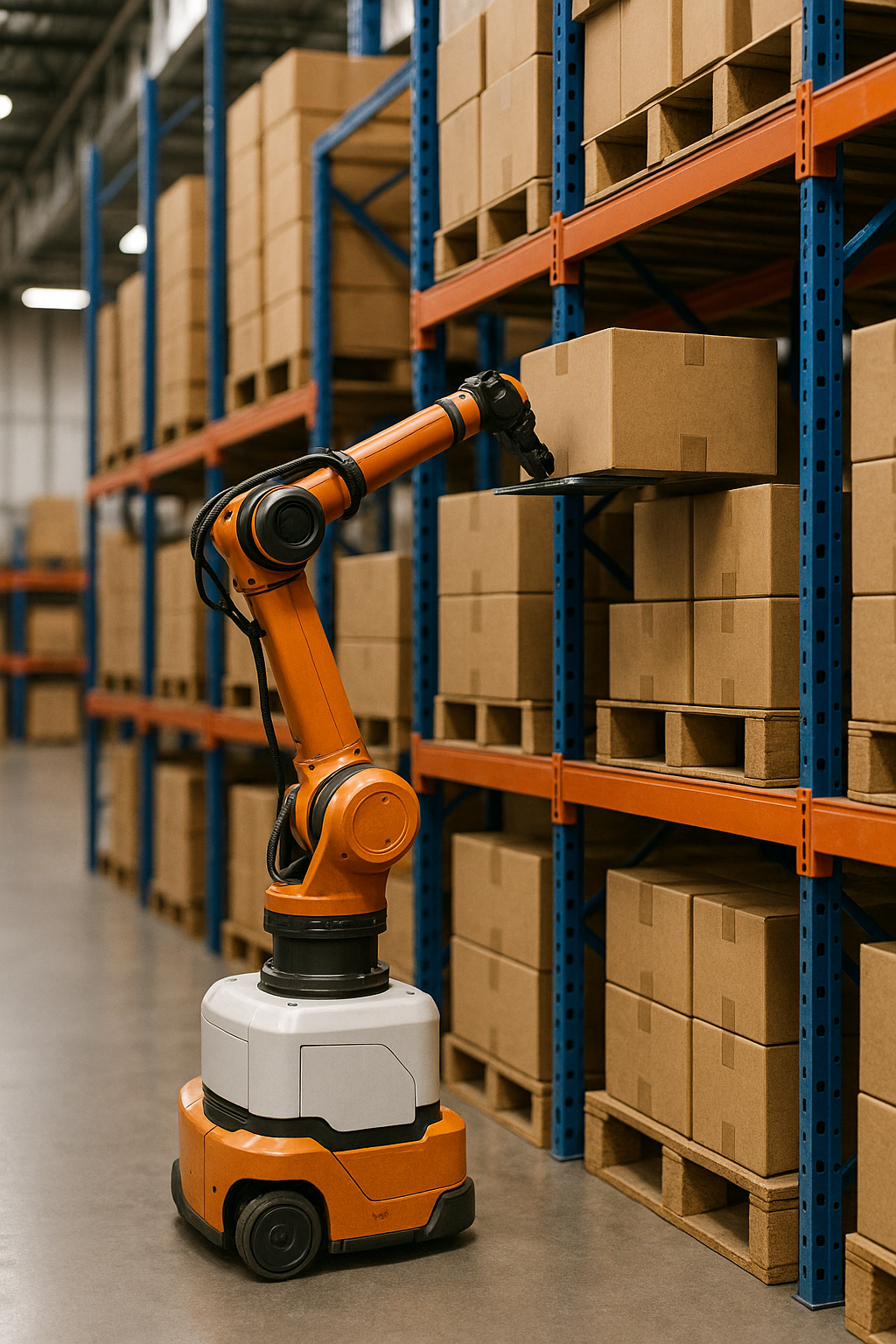Invest in Your Own Demise
Artificial intelligence (AI) is rapidly progressing. I’ve started using AI chatbots regularly in my personal and professional life, and I’m finding its capabilities are getting better by the day.
I recently wanted to learn to bake bread. I told the chatbot that I knew nothing about baking and wanted a beginner recipe. I could have Googled it, but the chatbot allowed me to ask questions as I baked. When the loaf came out a little sticky and dense, it suggested more yeast, a few extra minutes in the oven, and a longer rest period. Using these suggestions, the second loaf came out much better. That kind of back-and-forth just isn’t possible with a Google search.
I’ve also started using AI professionally. As a financial planner, I can ask AI obscure planning questions and get thoughtful starting points in seconds. I don’t rely on it since errors are still common, but when I already know something about the topic, AI can speed up my research considerably. Is this article written by AI?* Nobody will ever know. ;-)
With the broad application and rapid evolution of AI, the nature of work will change for many of us. I think anyone who works at a computer can probably find a way for AI to improve their efficiency in some meaningful way.
Beyond just research and writing, AI is already reshaping whole industries. Just a few examples:
Companies like Verizon, Delta, and Bank of America are already reducing call center staff as AI systems take on a larger share of routine questions (even though those automated services are still sometimes incredibly frustrating to me).
McDonalds and Wendy’s are in a pilot program for AI voice assistants at their drive-thrus, while self-checkout technology continues to reduce cashier jobs.
Self-driving trucks, powered by intelligent cameras, are being developed by Aurora and could reduce long-haul trucking jobs. AI route-optimization software also reduces the need for logistics coordinators.
AI design tools are increasingly able to create visual content using simple prompts, displacing young graphic designers.
AI-driven robots used by Amazon in fulfillment centers can pick, pack, and sort goods faster than humans, reducing warehouse jobs. AI-powered machine vision systems now inspect products for defects, replacing some quality-control workers.
AI diagnostic tools can analyze X-rays or MRIs with accuracy close to that of radiologists, potentially reducing demand for support staff.
This is just the tip of the iceberg.
I don’t want to be an alarmist. Every new technology comes with warnings about jobs being lost, and yet we’ve always found a way to keep creating new jobs. AI has potential for job creation as well as disruption. But there is a realistic possibility that some job functions and people will be replaced by AI.
In my field, AI could eventually create a financial plan and replace much of what I do. The key may be to use it to increase efficiency and improve service, not to fight against it. If I can analyze data more quickly, generate meeting notes automatically, and research tax rules without having to scour the internet, maybe I can serve more clients at a deeper level without hiring additional staff. The efficiencies that make me more effective may also reduce the need for more employees.
This is why I suggest that we all “invest in our own demise.” For one, we ought to invest time and effort into learning how AI can improve our functionality at our jobs. If AI can create an entire financial plan with a few prompts, I could create plans more efficiently and add value for clients in other ways.
Second, if these tools could eventually replace some of us as workers, we ought to consider investing financially in the companies that stand to benefit. For example, Nvidia makes the chips and software that power AI. Its dominance has made it the largest company in the world.
Thankfully, you don’t have to try hard to invest in companies like Nvidia. If you buy an S&P 500 Index fund, Nvidia will represent more than 7 percent of the holdings of that fund right now. Moreover, the S&P 500 Index includes many investments that have the potential to be huge beneficiaries of the AI revolution. Microsoft has a major partnership with OpenAI (owner of ChatGPT) and is embedding its Copilot AI into Word, Excel, and Outlook. Apple is building on-device AI for iPhones. Google is using AI to transform search. Amazon, Facebook, J.P. Morgan, UnitedHealthcare… all these behemoths could benefit massively from AI. As they reduce staff and improve efficiency, their share prices could rise as a result.
AI is becoming part of our lives. Those of us who are working need to recognize how we can use AI to improve our job functions. And if you’re worried about being replaced by a robot, as I am, it may be prudent to invest in the companies that stand to benefit the most. If we can’t stop the robots from coming for our jobs, at least we can learn to work alongside them, and maybe even profit from them.
*No.


